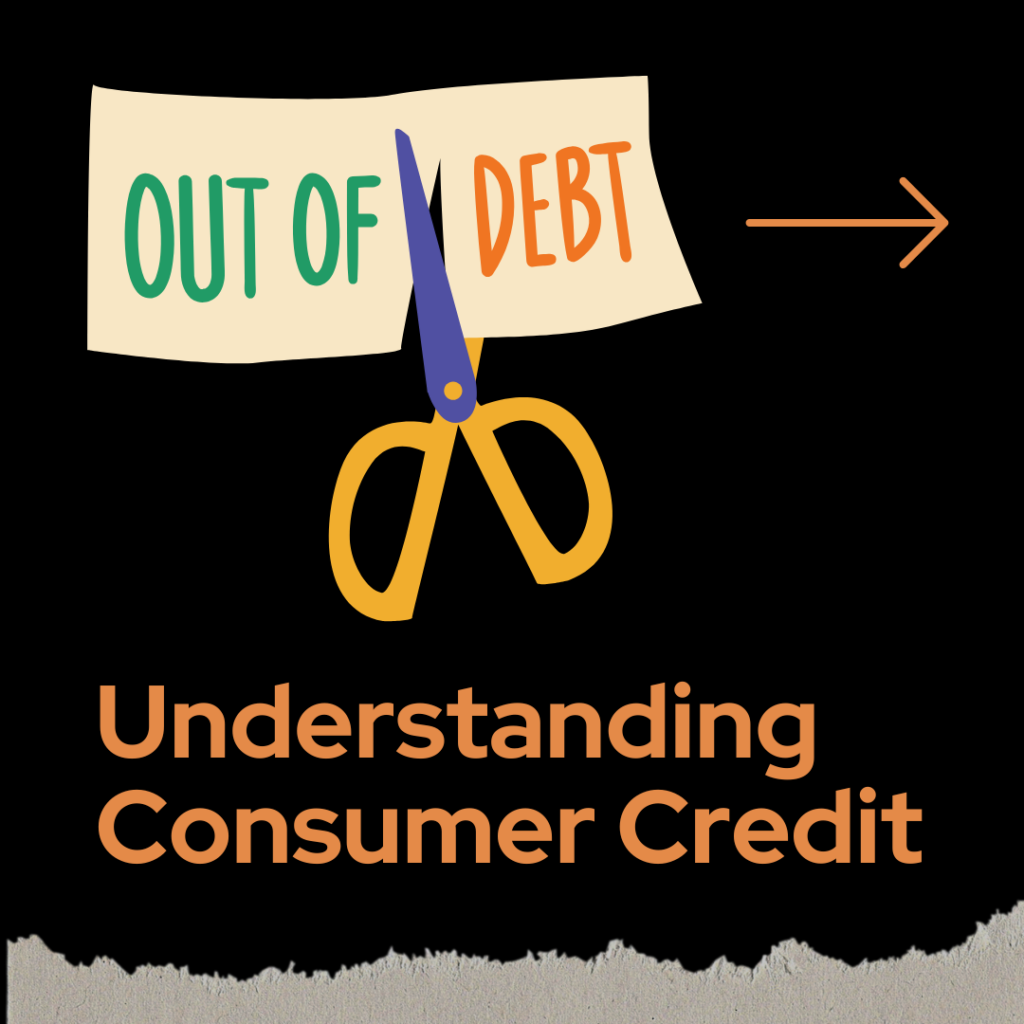Bitcoin(BTC)$72,735.001.65%
Ethereum(ETH)$2,129.163.08%
Tether(USDT)$1.000.01%
BNB(BNB)$658.460.99%
XRP(XRP)$1.443.06%
USDC(USDC)$1.000.00%
Solana(SOL)$91.692.21%
TRON(TRX)$0.284056-0.12%
 Figure Heloc(FIGR_HELOC)$1.02-0.99%
Figure Heloc(FIGR_HELOC)$1.02-0.99%Dogecoin(DOGE)$0.0959833.80%
Use Consumer Credit as a Tool to Build Dreams, Not Debt

Consumer credit stands as a powerful force in modern personal finance, often misunderstood and sometimes feared. Far from being an inherently negative concept, when approached with knowledge and discipline, consumer credit can become an invaluable tool for achieving significant life goals. It’s about leveraging borrowed money wisely, transforming it from a potential burden into a stepping stone towards building dreams, rather than accumulating overwhelming debt. Understanding its mechanisms and practicing responsible usage is key to unlocking its true potential.
Credit’s Dual Nature: Opportunity and Obligation
The fundamental paradox of consumer credit lies in its dual nature: it offers immediate financial flexibility but demands future repayment. On one hand, it provides access to funds for essential needs or aspirational purchases that might otherwise be out of reach. This could range from buying a home or car, funding education, or even starting a small business. In these scenarios, consumer acts as a bridge, enabling individuals to invest in their future and improve their quality of life.
However, this opportunity comes with a significant obligation. Every peso borrowed through consumer must be repaid, usually with interest. Mismanagement can lead to a spiraling cycle of debt, where interest payments consume a large portion of one’s income, making it difficult to save, invest, or even meet basic living expenses. This is where the “debt” aspect of consumer credit becomes a formidable challenge, hindering dreams instead of building them. Therefore, the art of utilizing consumers effectively lies in understanding this balance and consciously tilting it towards opportunity.

A People-First Approach to Responsible Consumer Credit
Navigating the world of consumer credit successfully requires a “people-first” mindset, focusing on individual financial well-being, education, and support. This means empowering individuals with the knowledge and tools to make informed decisions that serve their long-term financial health.
Educate for Financial Empowerment
The cornerstone of responsible consumer credit usage is financial literacy. Many individuals enter the credit landscape without a full understanding of interest rates, credit scores, payment terms, or the long-term implications of their borrowing decisions. Educational initiatives are crucial. They should simplify complex financial concepts, making them accessible to everyone. Teaching individuals how to read credit reports empowers them to make choices aligned with goals.
Promote Mindful Spending and Budgeting
A “people-first” approach emphasizes mindful spending. Before taking on new consumer credit, assess your financial situation. A realistic budget helps determine affordable borrowing. This proactive planning prevents unmanageable debt accumulation. Tools like an expense tracker provide clear spending insights.
Build a Healthy Credit Profile
A strong credit profile demonstrates financial responsibility. This involves consistent on-time payments. Keep credit utilization low, and avoid unnecessary applications. For beginners, a small secured card helps build history. For setbacks, understand rebuilding steps.
The Pillars of Trust and Credibility in Consumer Credit
Expertise Guides Decisions
Expertise in consumer credit is demonstrated by financial advisors. They possess deep knowledge of lending practices and regulations. Experts offer tailored advice based on unique financial situations. They guide consumers away from predatory lending.
Experience Builds Wisdom
Experience is built over time, by individuals and financial organizations. Consumers learn from successes and mistakes. Experienced lenders refine processes for client service. This collective experience refines credit practices.
Authoritative Standards Apply
Authoritativeness in consumer credit is established by regulatory bodies. Reputable financial institutions and educators also contribute. They define best practices and ethical standards. Their voice combats misinformation, empowering consumers.
Trustworthiness is Essential
Trustworthiness is the bedrock of any successful financial relationship. It is built through transparency and fairness. Consumers must trust that data is secure and products are beneficial. Consistent support fosters this crucial trust.
Consumer Credit: A Catalyst for Life’s Aspirations
Ultimately, consumer credit, when wielded responsibly, transforms into a powerful catalyst. It allows individuals to bridge financial gaps. Whether it’s a first home or new venture, credit facilitates goals. Understanding its mechanics is key.
Embrace financial literacy and a people-first approach. Prioritize mindful borrowing and effective debt management. This allows confident navigation of consumer credit. It is a journey of learning and strategic planning. Use credit as a tool to build dreams.